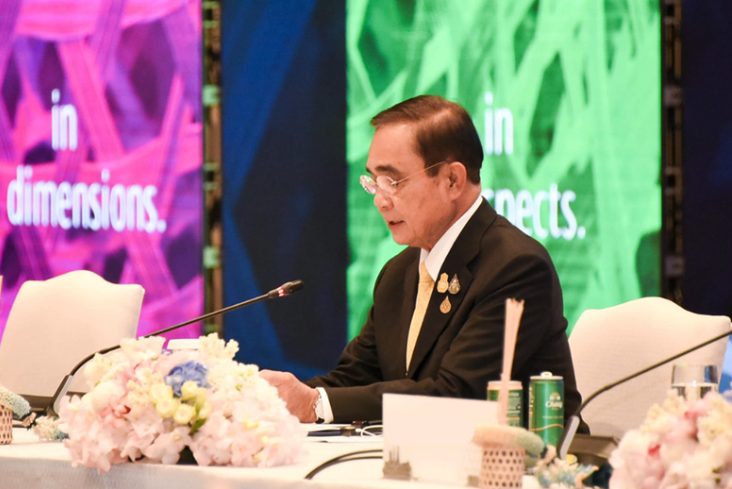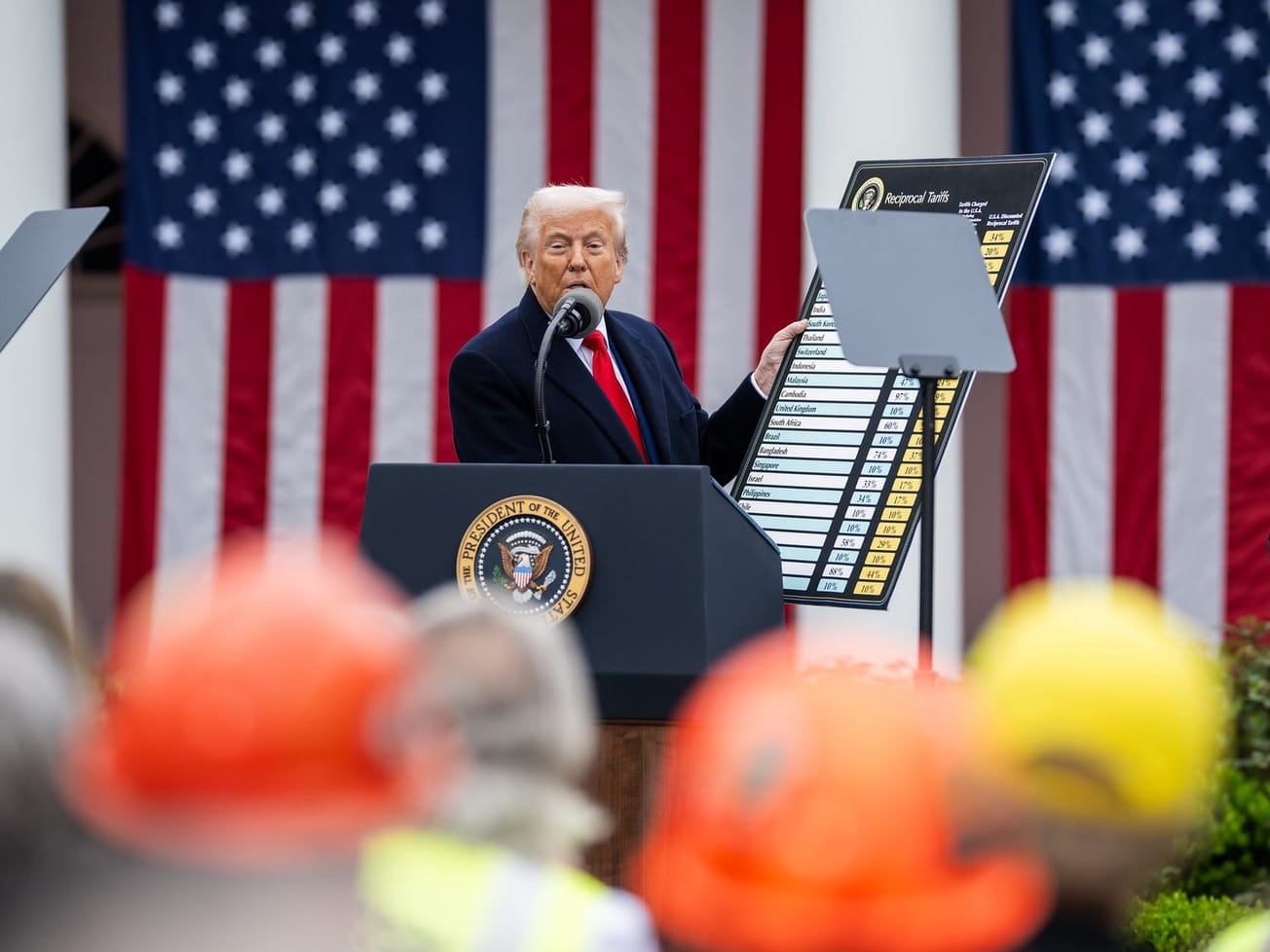A majority of leaders among the 21-nation Asia-Pacific Economic Cooperation forum condemned Russia's invasion of Ukraine, and called for an immediate withdrawal.
"Most members strongly condemned the war in Ukraine and stressed it is causing immense human suffering and exacerbating existing fragilities in the global economy – constraining growth, increasing inflation, disrupting supply chains, heightening energy and food insecurity, and elevating financial stability risks," said a declaration on Saturday from the two-day 29th APEC Economic Leaders’ Meeting in Bangkok, chaired by Thailand's Prime Minister Prayut Chan-o-cha.









